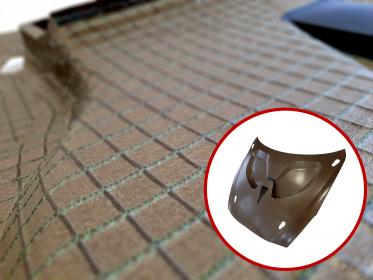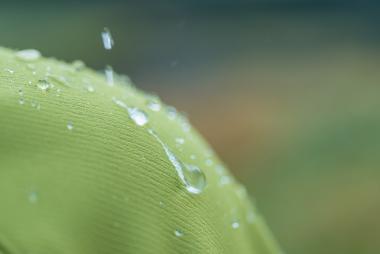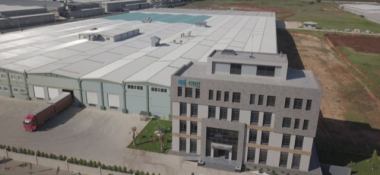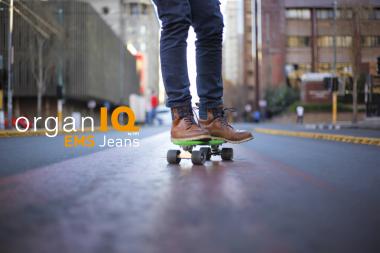Composites Evolution: New range of flax-epoxy prepreg materials
Composites Evolution Ltd has teamed up with leading natural fibre reinforcement specialists Bcomp to launch a new range of flax-epoxy prepreg materials, designed to offer enhanced sustainability without compromising on performance.
Evopreg ampliTex™ prepregs combine Composites Evolution’s high-performance Evopreg epoxy resin systems with Bcomp’s award-winning ampliTex™ flax reinforcements, to deliver a family of materials which offer outstanding performance for component applications.
To reach the full performance of natural fibres, Evopreg ampliTex™ prepregs have been tailored to be compatible with Bcomp’s powerRibs™ reinforcement grid, enabling the same stiffness and weight as thin-walled monolithic carbon fibre parts while decreasing the CO2 footprint by 85% and improving safety thanks to a blunt braking behaviour without dangerous debris or sharp edges.
Composites Evolution’s Sales & Marketing Director, Ben Hargreaves, explains further.
“Sustainability is an increasingly important factor for many of our customers - particularly those involved in motorsports and high-performance automotive applications. As you’d expect in these sectors though, sustainability can’t come at the expense of performance the two must go hand-in-hand. This is something that other prepreggers can struggle with, as natural fibres behave very differently to carbon or glass, for example.”
Customers would be able to understand the strengths and weaknesses of natural fibre composites, and to show where and how they can be adopted without the need for significant changes to existing composite component production processes.
One such customer is Retrac Group, whose composites division is one of the UK’s most experienced composites engineering companies across motorsports, automotive and aerospace. It recently used Evopreg ampliTex™ + powerRibs™ to produce a demonstrator bonnet panel for a race-bred supercar. Project Manager Alan Purves explains.
“We’re seeing a growing interest in flax fibre composites, particularly in the motorsports and niche vehicle sectors. It is therefore essential that we have developed an in-depth understanding of the processing requirements and performance capabilities of these materials, and are ready to respond to our customers' requirements. Being able to tap into the combined expertise and experience of both Composites Evolution and Bcomp is proving invaluable.”
Composites Evolution






























